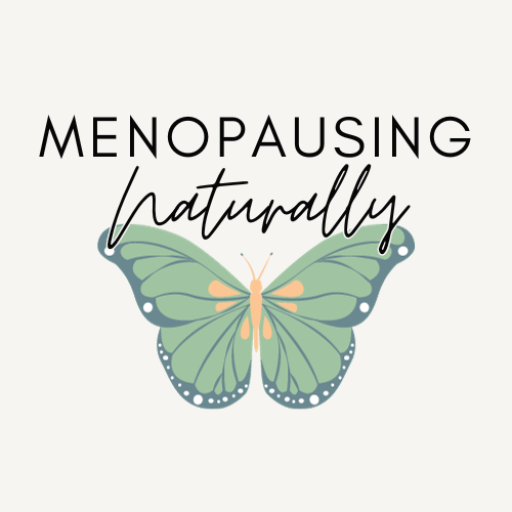Understanding the Stages: What is Perimenopause?
Perimenopause, often referred to as the menopause transition, is a significant phase in a woman’s life that precedes menopause. This period is characterized by various physical, emotional, and hormonal changes. Understanding perimenopause is crucial for managing its symptoms effectively and preparing for menopause. This article delves into the stages, symptoms, and management strategies of perimenopause.
What is Perimenopause?
Perimenopause is the transitional phase leading up to menopause, the point when a woman has not had a menstrual period for 12 consecutive months. Perimenopause typically begins in a woman’s 40s but can start as early as her 30s. This phase can last anywhere from a few months to several years.

Stages of Perimenopause
Perimenopause can be divided into two main stages:
1. Early Perimenopause
- Duration: Often starts in the late 30s to early 40s.
- Symptoms: Menstrual cycles become irregular, but periods still occur. Hormone levels, particularly estrogen, begin to fluctuate, leading to symptoms such as hot flashes and mood swings.
2. Late Perimenopause
- Duration: Typically occurs in the mid-to-late 40s.
- Symptoms: More pronounced irregularity in menstrual cycles, with longer intervals between periods. Symptoms like hot flashes, night sweats, and sleep disturbances become more severe. Hormone levels continue to decline.
Common Symptoms of Perimenopause
The symptoms of perimenopause can vary widely among women. Common symptoms include:
- Irregular Periods: Changes in menstrual cycle length and flow.
- Hot Flashes and Night Sweats: Sudden feelings of warmth, often accompanied by sweating.
- Sleep Disturbances: Difficulty falling asleep or staying asleep.
- Mood Swings: Irritability, anxiety, and depression.
- Vaginal Dryness: Reduced estrogen levels can lead to vaginal dryness and discomfort.
- Decreased Libido: Changes in sexual desire and arousal.
- Cognitive Changes: Difficulty concentrating and memory lapses.
Hormonal Changes During Perimenopause
During perimenopause, the ovaries gradually produce less estrogen and progesterone. These hormonal fluctuations are responsible for many of the symptoms experienced during this phase. As estrogen levels decline, the body adjusts to the new hormonal environment, leading to the physical and emotional changes characteristic of perimenopause.
Managing Perimenopause Symptoms
While perimenopause is a natural process, its symptoms can be managed through various strategies:
1. Lifestyle Modifications
- Healthy Diet: A balanced diet rich in fruits, vegetables, whole grains, and lean proteins can help manage symptoms.
- Regular Exercise: Physical activity can reduce hot flashes, improve mood, and promote better sleep.
- Stress Reduction: Practices like yoga, meditation, and deep breathing exercises can alleviate stress and anxiety.
2. Medical Treatments
- Hormone Therapy: Hormone replacement therapy (HRT) can help balance hormone levels and reduce symptoms.
- Non-Hormonal Medications: Certain antidepressants and other medications can help manage hot flashes and mood swings.
3. Natural Supplements
- Cod Liver Oil: Rich in omega-3 fatty acids and vitamins A and D, cod liver oil can support hormonal balance, bone health, and mood stability.
- Phytoestrogens: Plant-based compounds that mimic estrogen in the body, found in foods like soy and flaxseed.
Conclusion
Perimenopause is a critical transitional phase that every woman experiences differently. Understanding its stages and symptoms is essential for effective management and preparation for menopause. By adopting healthy lifestyle practices, considering medical treatments, and exploring natural supplements, women can navigate perimenopause with greater ease and well-being.
FAQs About Perimenopause
What is perimenopause and how long does it last?
Perimenopause is the transitional phase leading up to menopause, characterized by hormonal fluctuations and symptoms such as irregular periods, hot flashes, and mood swings. This phase can start in a woman’s 30s or 40s and typically lasts anywhere from a few months to several years, with the average duration being around four years.
What are common symptoms of perimenopause?
Common symptoms of perimenopause include irregular menstrual cycles, hot flashes, night sweats, sleep disturbances, mood swings, vaginal dryness, decreased libido, and cognitive changes like difficulty concentrating and memory lapses. These symptoms vary in intensity and duration among women.
